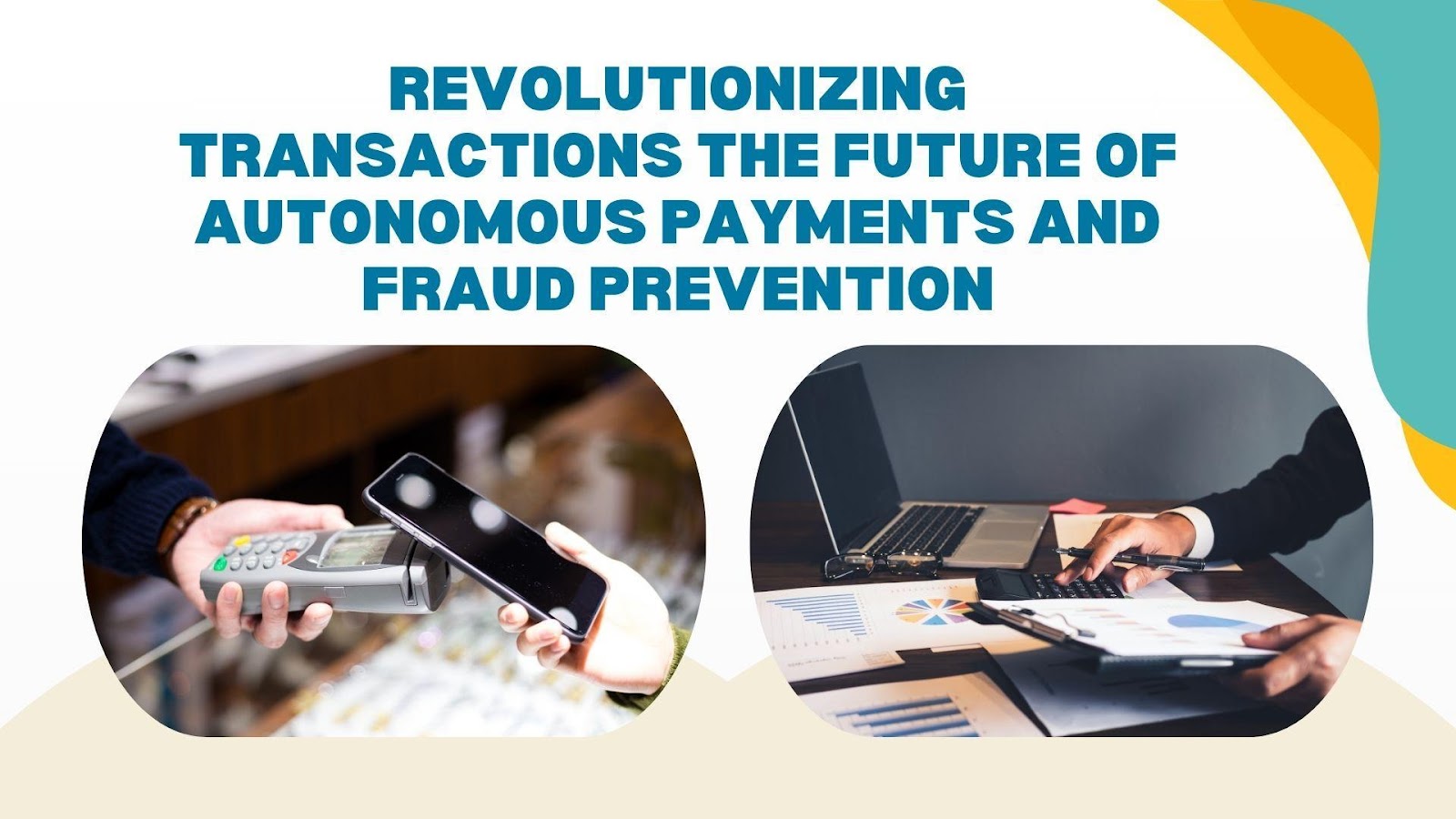The evolution of financial technology has given rise to autonomous payment systems, transforming how transactions are conducted across industries. This article, inspired by the work of Vinod Upputuri, explores innovations driving this transformation, from AI-driven fraud detection to smart contract-based security. His insights highlight how these technologies enhance security, efficiency, and convenience in digital transactions.
AI in Payment Security
AI plays a crucial role in improving accuracy and efficiency. AI-driven algorithms analyze vast amounts of transactional data in real-time, enabling fraud detection systems to identify suspicious patterns with unprecedented accuracy. Advanced AI models now process over 100,000 transactions per second while maintaining a fraud detection success rate of 99.99%, significantly reducing fraudulent activities. AI also enhances customer support by enabling chatbots and virtual assistants that can resolve payment-related queries.
IoT in Payment Systems
IoT integration with payment infrastructure has enhanced transaction speed and convenience. With over 35 billion connected endpoints, IoT devices facilitate real-time transactions for smart toll collection and automated grocery replenishment. These devices generate massive amounts of data, allowing financial institutions to analyze consumer spending behaviors. Businesses also benefit from IoT-based inventory tracking, ensuring better stock management.
Biometric Authentication
Biometric authentication reduces reliance on passwords and PINs. Modern biometric systems process authentication requests in under 0.5 milliseconds, with false acceptance rates as low as 0.0001%. This ensures only authorized users can access financial services, minimizing fraud and unauthorized transactions. Additionally, voice and facial recognition technologies are being integrated into banking applications, making transactions more seamless.
Blockchain and Smart Contracts
Blockchain has revolutionized payment verification by introducing decentralized, immutable ledgers. Smart contracts automate payment processing, reducing human intervention and fraud. Distributed ledger systems now handle upwards of 5,000 transactions per second, ensuring secure financial operations. The added transparency in blockchain ensures that financial audits and regulatory compliance are more efficient.
Transforming Retail
Retail transactions are more efficient with autonomous stores and self-checkout solutions. Over 15,000 autonomous stores process one million transactions daily, reducing checkout times by 80%. Contactless payments now complete in under a second, improving the customer experience. AI-driven recommendation engines in retail also optimize personalized shopping experiences, increasing customer satisfaction.
Smart Vehicles and Payments
Autonomous payment systems have reshaped transportation by integrating smart toll collection, fuel payments, and parking automation. These systems process over 50 million toll transactions daily, reducing wait times and congestion. Smart fuel and charging stations complete payments in 0.8 seconds. In ride-sharing services, AI-based automated payments ensure smooth, cashless transactions.
Healthcare and Automated Billing
The healthcare sector benefits from autonomous payment integration. AI-driven systems process insurance claims and patient payments with remarkable speed, reducing claim processing times by 87%. Real-time verification ensures accuracy and reduces billing discrepancies, saving billions annually. Automated billing systems in hospitals reduce administrative burdens, allowing medical professionals to focus on patient care.
Strengthening Fraud Detection
Fraud detection has become more sophisticated with deep learning. These systems analyze over 6,200 transaction variables per second, achieving a fraud detection accuracy of 99.87%. By incorporating supervised and unsupervised learning, financial institutions minimize false positives and identify fraud in real-time. Advanced behavioral analytics also detect unusual spending patterns, providing early warnings for potential fraud cases.
Quantum-Resilient Security
Quantum computing presents opportunities and challenges for digital payment security. Researchers have developed the Quantum-Resilient Real-time Payment Protocol (QRPP), integrating post-quantum cryptography with conventional encryption to protect against quantum threats. Future implementations will focus on developing quantum-safe financial networks.
Ethical Considerations
As autonomous payment systems grow, ethical concerns regarding data privacy, algorithmic bias, and financial inclusion must be addressed. AI-driven credit scoring models should prevent discrimination, ensuring fair access. Transparent data governance policies are crucial for user trust and regulatory compliance. The ethical use of AI should include human oversight.
In conclusion, the future of autonomous payments is promising, with advancements in AI, IoT, and blockchain. As digital transactions become more secure, businesses and consumers benefit from financial accessibility. Vinod Upputuri’s research highlights the potential of these technologies to reshape financial ecosystems while ensuring ethical implementation. Companies must collaborate with regulators and technology leaders to build a secure payment infrastructure.



































